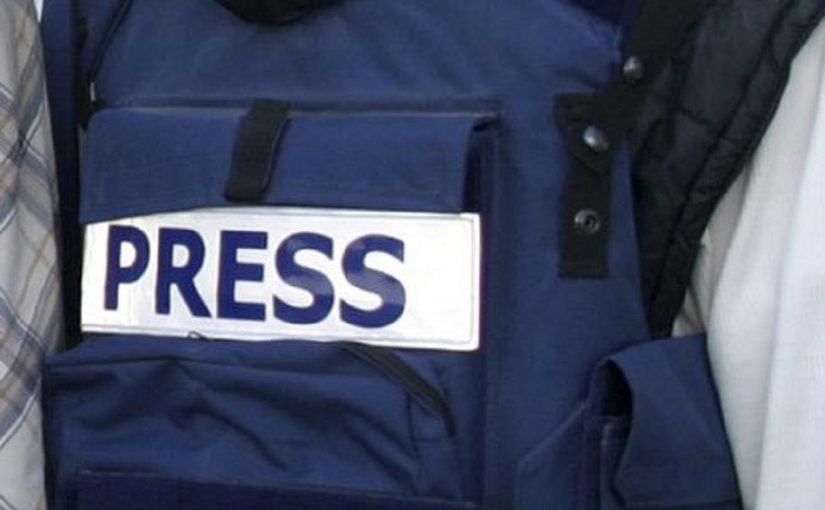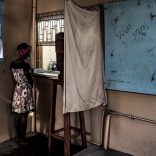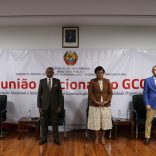Mozambique: Health workers announce second phase of strike
Researchers denounce “strategies” to deny international press access in Mozambique

File photo: AFP
Mozambican researchers on Monday condemned attempts to curb the access of the international press in Mozambique, criticising the slowness in issuing accreditation and press cards to journalists, both foreigners and Mozambicans, who collaborate with international bodies.
“The government turned to the international press, first limiting the accreditation of Mozambican and foreign journalists who are working for international bodies. Many correspondents do not have the credentials to work. No matter how many times they ask the competent authorities, the government simply does not give it [accreditation],” Mozambican researcher and journalist Borges Nhamire said.
Nhamirre was speaking at the launch of the Annual Report on the State of Press Freedoms in Mozambique, a survey carried out by the Southern African Institute for Social Communication (Misa Mozambique).
For Borges Nhamire, the Mozambican government apparently has “the idea that it controls the Mozambican press” and, consequently, the current strategy is to hinder the performance of foreign bodies, resorting to them only when it is in their interest.
“When journalists want to come from abroad to cover the news, the government does not allow them [to do so], it only allows in those it selects and, even then, only when it is of interest to them, as was the case with Idai [the cyclone that hit the centre of Mozambique in 2019],” Nhamire said.
The investigator pointed out that the decree that fixed license fees for foreign media and the accreditation of foreign journalists ended up being revoked, but fixed rates considered high, placing limitations on the number of correspondents from international agencies in Mozambique.
Decree 40/2018, of July 23, published in Boletim da República, was condemned by entities inside and outside the country, considering the amounts stipulated exorbitant and repressive of press freedom.
“This decree said, for example, that a foreign body in Mozambique cannot have more than two correspondents, which does not make sense,” Nhamire added.
Ernesto Nhanale, executive director of Misa Mozambique, also understands that the authorities’ strategy of curbs on the international press involves restricting access to the country, noting that there are foreign journalists who have been waiting for accreditation to report on Mozambique since last year.
“They control the system by restricting or delaying authorisation for foreign journalists; they become inflexible and then authorise only those they want, at the moment they think they should,” Nhanale said.
Nhanale cited examples of this strategy: the visit by journalists, both domestic and foreigner, to the town of Palma, Cabo Delgado, organised by the government, shortly after it was attacked by insurgents.
“When they noticed that they had managed to recover Palma, they opened the doors. But everything within this strategy,” the researcher added.
The Misa report presented yesterday classifies 2020 as the worst year for violations of freedom of the press and expression recorded in Mozambique over the last five years
In the last year, 32 violations were recorded, including the disappearance of journalist Ibraimo Mbaruco, with physical attacks predominating – 10 cases, according to the report, which adds data from 2019 and 2020 to those from previous years.
(Lusa)













Leave a Reply
Be the First to Comment!
You must be logged in to post a comment.
You must be logged in to post a comment.